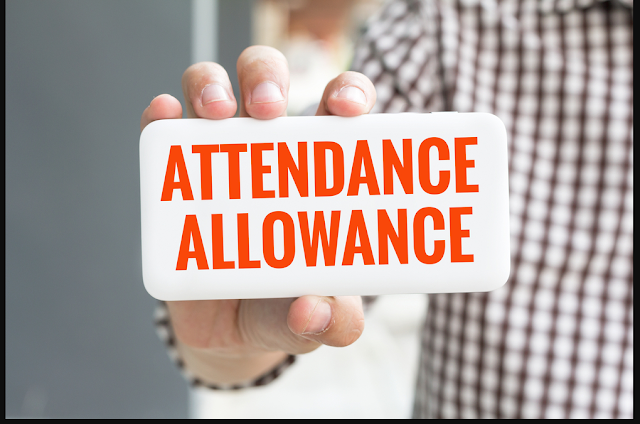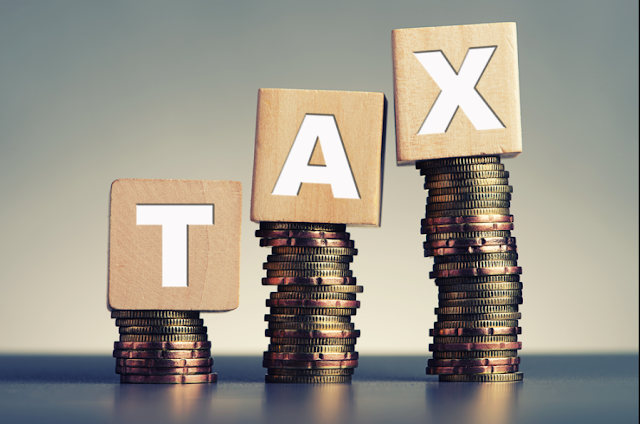Attendance Allowance: Is Attendance Allowance Taxable
Attendance Allowance is a benefit available to individuals over the age of 65 who require assistance with personal care or supervision due to illness or disability.
How could I benefit from Attendance Allowance?
A small amount of additional money can go a long way. You can use it in any way that suits your needs and allows you to remain independent in your own home. The funds are not required to be spent on a caregiver.
Additionally, Cheap accountants in London explains that Attendance Allowance has the following advantages:
- Attendance Claim Allowance does not affect your other sources of income.
- It is tax-exempt.
- If you are awarded Attendance Allowance, you may be eligible for additional benefits such as Pension Credit, Housing Benefit, or Council Tax Reduction, or you may be eligible for an increase in these benefits if you already receive them.
- Attendance Because allowance is not means-tested, it makes no difference how much income or savings you have.
Is Attendance Allowance something I am eligible to claim?
Attendance Allowance is available if you meet all of the following criteria:
- are over the State Pension age (if you have not yet reached this age, you may be eligible for Personal Independence Payment).
- could benefit from assistance with personal care, such as bathing or dressing, or from supervision throughout the day or night.
- have a disability or illness of any kind, including blindness or hearing loss, or mental health issues such as dementia
- have required assistance for at least six months. (If you are terminally ill, you may make an immediate claim.
If you're still confused that whether you're eligible for claiming attendance allowance or not, feel free to contact our expert tax return accountants in London
Tips to Assist you in Completing the Attendance Allowance Claim Form
- Leave nothing out, even if you believe you can manage just fine.
- Describe any accidents or falls that you have experienced.
- Describe the effects of all your disabilities and health conditions, as well as their interaction.
- Make a list of tasks that you struggle to complete on your own, even if you've developed ways to cope.
- Include additional time if an activity takes you significantly longer than it would for someone without a disability, or if it is difficult to perform safely.
- Indicate if you require reminders or encouragement to complete tasks, as this also counts as assistance.
- Consider how frequently you require assistance. For instance, if you require assistance with your appearance, this may amount to six or seven times per day, if you include assistance with ensuring your clothes are clean after a meal, assistance with finding a coat and matching shoes, and so on.
- Provide ample information about your personal circumstances in your own words. Do not be concerned if you are required to repeat yourself.
- Keep in mind that Attendance Allowance does not typically cover issues such as housework, cooking, shopping, or gardening.
For expert advice, reach out to our professional accountants in London.



Comments
Post a Comment